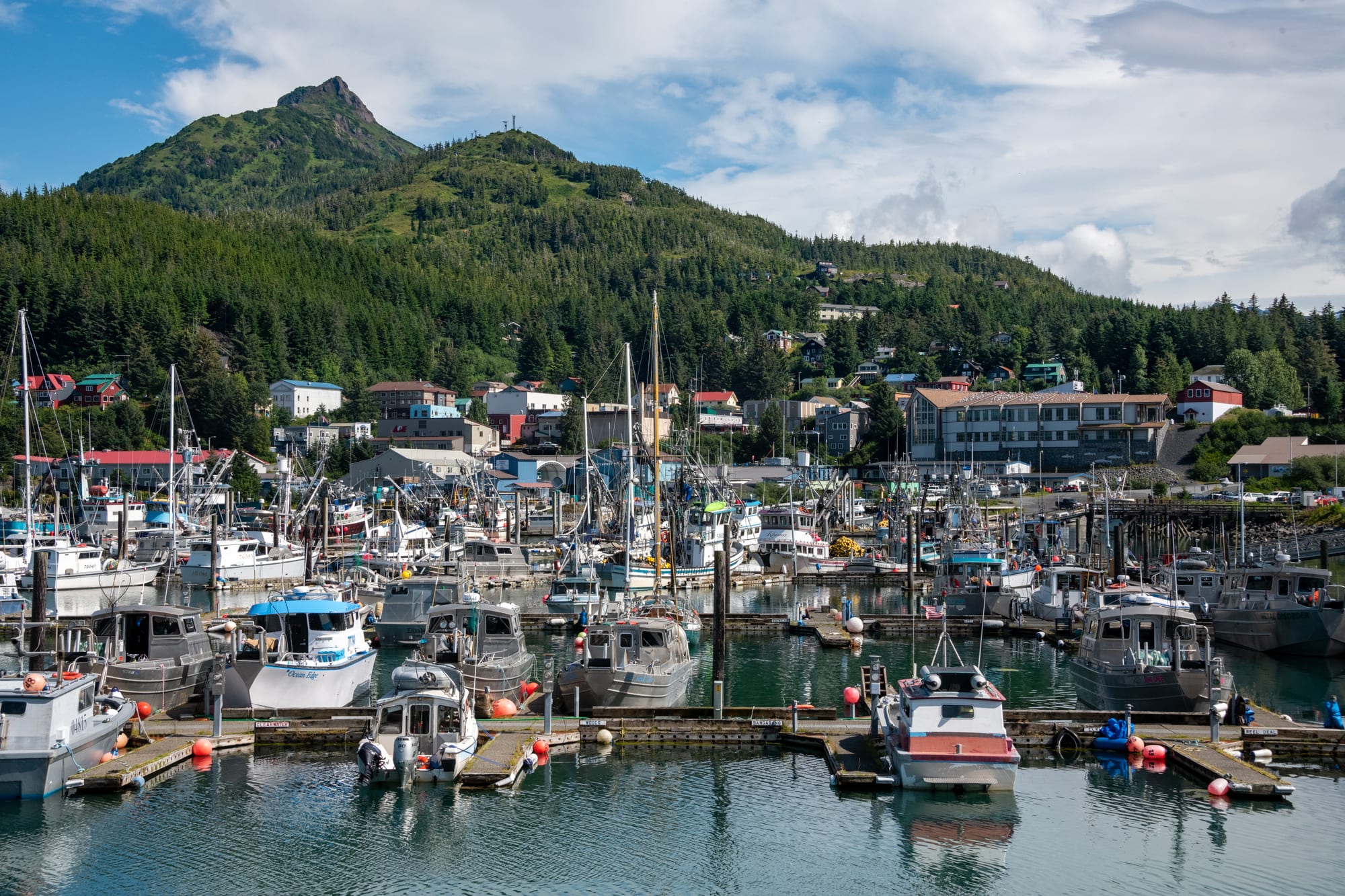
Two Alaska fisheries are among the beneficiaries of new national grants to modernize data management systems to ensure sustainable fisheries in the Gulf of Alaska, Bering Sea and Aleutian Islands through electronic monitoring.
One grant for $185,104 went to the Alaska Longline Fishermen’s Association which matched those funds with another $213,500, for a total of $398,604.
The other, for $908,862, went to United Catcher Boats in Seattle, which added $1,385,854, for a total of $2,294,716.
ALFA will use its share to develop lower cost electronic monitoring hardware, test automated real-time feedback to vessels on image quality and support stakeholder engagement in fisheries management forums relevant to electronic monitoring in the Alaska fixed gear fishery. The project will also explore ways to improve image quality and cost effectiveness of electronic monitoring through the development of new electronic monitoring systems and deployment methods, ALFA officials said,
UBC will focus on scaling up existing efforts to evaluate the feasibility and cost efficiency of using electronic monitoring systems on Bering Sea and Gulf of Alaska Pollock pelagic trawl catcher vessels to monitor compliance with retention regulations. The project will demonstrate the feasibility of electronic monitoring at scale and improve data quality, timeliness and cost-efficiency for salmon bycatch accounting and detecting and quantifying groundfish discards, according to UBC.
On a worldwide scale millions of pounds of fish worth billions of dollars are caught each year by thousands of commercial fishing boats. To ensure that fishing on this scale is sustainable, regional fisheries management organizations must be able to accurately track the catch, the PEW Charitable Trusts noted in a September 2019 report on electronic monitoring as a key tool for global fisheries.
Monitoring fisheries operating far from shore can be challenging, so many regional fisheries management organizations have mandated that observers be onboard many vessels at sea to gather more information on catch, bycatch, fishing effort and compliance with regulations. Electronic monitoring systems had already been installed on a variety of vessels and have proven to generate high quality, cost effective monitoring data, the PEW report noted.
Still fisheries faced with mandates to increase coverage also face challenges of addition cost of monitoring equipment and space required for another person onboard the vessel, but overall EM systems have shown themselves to be considerably cheaper than placing observers on board, the report said.
The total of $4.1 million in grants awarded this year in support of electronic monitoring projects in 14 states and Puerto Rico will also generate $4.8 million in matching funds for a total conservation impact of $8.9 million.
The grants were awarded through the Electronic Monitoring and Reporting Grant Program, a partnership of NFWF, NOAA, the Walton Family Foundation and the Kingfisher Foundation.
"Electronic" - Google News
November 30, 2020 at 02:23AM
https://ift.tt/2KQcziC
Electronic monitoring grants will benefit Alaska fisheries - The cordova Times
"Electronic" - Google News
https://ift.tt/3dmroCo
https://ift.tt/3bbj3jq
No comments:
Post a Comment